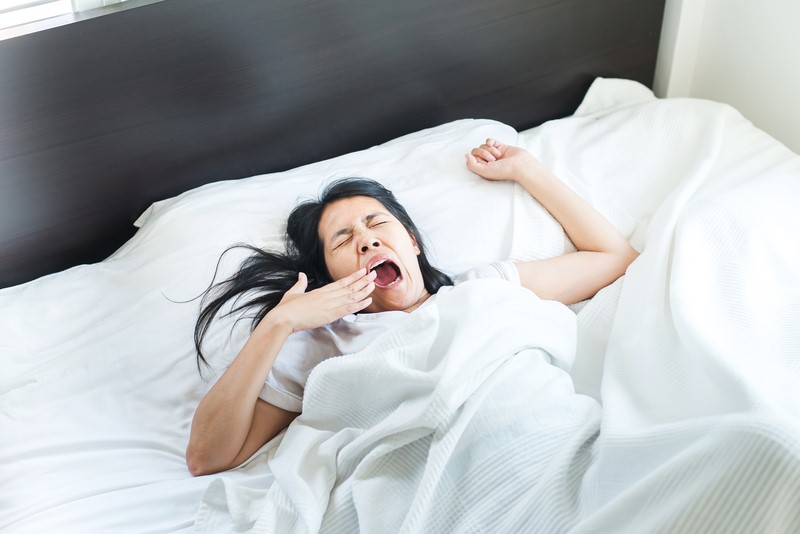Tel: 0208 933 8888
Email: sales@bedhire.co.uk
Published on 29 March 2019
Posted in
Despite most of us prioritising spending at least eight hours in bed, few fail to understand the importance of getting enough shut-eye but may wish we could sleep better. Our natural cycle is interfered by alarms and energy drinks, this is what tends to keep us awake. Sleep patterns differ from one age to another, however, an average person should get at least eight hours of quality sleep, although lifestyle and health play a key role in determining how much sleep we actually get.
For your general health getting enough sleep is very important and can have a massive difference in your day-to-day wellness, just like practising yoga or other physical exercises regularly. It’s very unfortunate that most of us sacrifice and neglect sleep due to our busy lives.
Whether you’ve got a business plan or a proposal to submit in the morning, you need to spend enough time sleeping. Enough sleep helps you to;
o Reduce stress
o Reduce inflammation
o Help to keep you alert during the day
o Sleep has been shown to help with weight loss and preventing weight gain
o Sleeping allows your body to repair itself when you’re ill
Drowsiness, being worn out, and performing poorly in your daily routines are signs that you’re not getting enough sleep. If you fall asleep and wake up too early or too late, your sleep rhythm can be thrown off. Remember, your natural sleep is controlled by an internal clock that resets depending on your sleeping habits.
Snoring, insomnia, and sleep apnoea are commonly known sleep disorders that lead to people having sleep problems. People that have sleeping disorders often don’t feel as if they get enough sleep, no matter how long they actually sleep per night.

If you’ve been struggling with sleeping disorders, you could try to learn how to sleep well at night naturally. Many of us link sleeping disorders with getting older. But that’s not always the case. For most people, getting the recommended shuteye time – seven to eight hours – is not that simple.
Here are ways that will help you fall asleep faster and sleep better in the long run.
o Prioritise eating healthy foods. Even if the results may not appear instantly, a healthy diet is likely to help to improve your quality of sleep.
o Make it a routine to exercise at least four days a week. You can opt for simple physical exercises such as walking, yoga, jogging, and cycling.
o Consider waking up at the same time every morning. If you report to work at 8 am, you can wake up at 6:30 am and carry out a few home chores or some light exercise before you leave for work.
o Eliminate TV and phones during bedtime. The blue light which is emitted from screens has been shown to damage the way in which we sleep, to limit this ban all technology from a set time before you plan to go to sleep.
o Try to find causes of stress in your day-to-day life and figure out if these can be removed, or managed.
o Limit the amount of caffeine that you ingest every day.
Have you ever wondered why you wake up at night? Whether it’s insomnia, stress, or something else that’s the case, waking up at night can be annoying and have a big impact on your daily life. You should consider the above to improve the quality of your sleep. You can improve your sleep quality by improving the standard of your bed, consider hiring one of our many beds to make sure you sleep better. If you have any questions or queries get in touch.
© 2025 BedHire.co.uk
Web Design and Marketing by Loop Digital